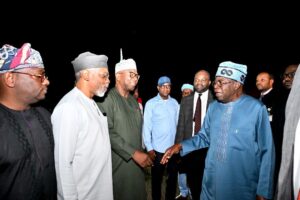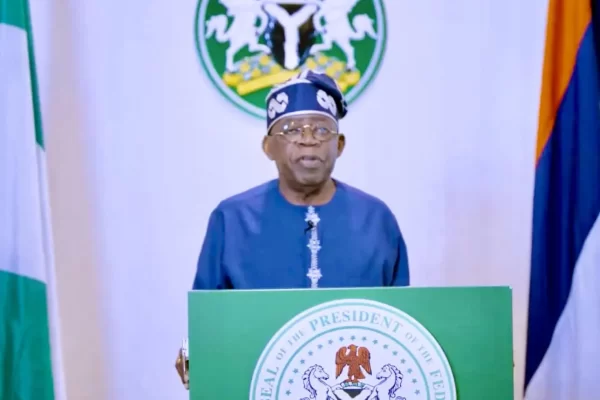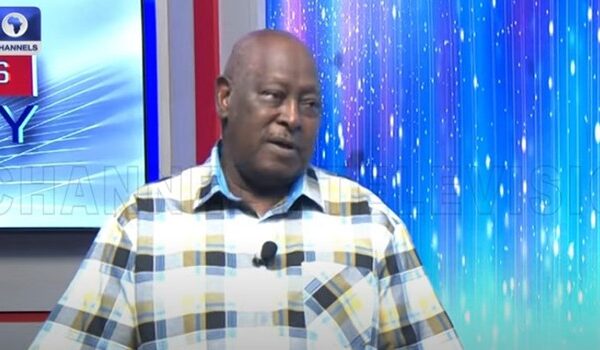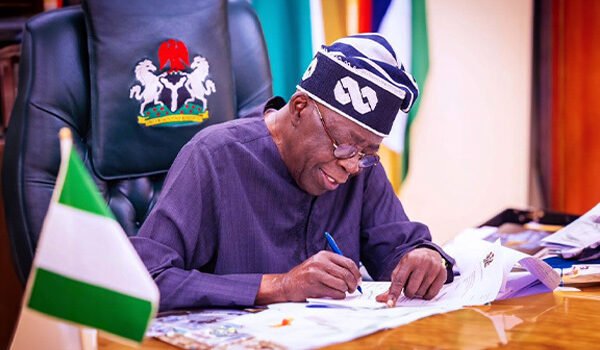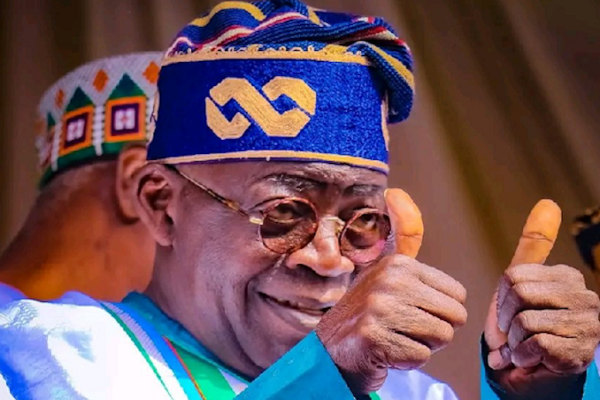President Bola Ahmed Tinubu arrived back in Abuja at approximately 1:20 a.m. on Thursday following a productive three-day state visit to Brazil. The visit resulted in several significant agreements aimed at deepening Nigeria’s economic and diplomatic ties with South America’s largest economy. The President was welcomed at the Presidential Wing of the Nnamdi Azikiwe International Airport by a high-profile delegation, including Plateau State Governor Caleb Mutfwang, Kaduna State Governor Uba Sani, Imo State Governor Hope Uzodinma, and Kwara State Governor AbdulRahman AbdulRazaq. Also present were top officials such as Speaker of the House of Representatives Tajudeen Abbas, Deputy Senate President Barau Jibrin, Chief of Staff Femi Gbajabiamila, National Security Adviser Nuhu Ribadu, and several ministers, including Nyesom Wike (FCT), Abubakar Atiku Bagudu (Budget and Economic Planning), and Bello Matawalle (Defence, State). During the visit, Nigeria and Brazil signed five key Memoranda of Understanding (MoUs), covering aviation, trade, diplomacy, science, and finance. One notable development was the signing of a Bilateral Air Services Agreement that will enable direct flights between Lagos and São Paulo, to be operated by Air Peace. Additionally, President Tinubu announced the return of Petrobras, Brazil’s state-owned oil giant, to Nigeria, marking a significant shift after the company’s exit from joint ventures five years ago. “We have the largest gas repository in the world. So I don’t see why Petrobras doesn’t rejoin Nigeria as a partner as soon as possible,” Tinubu stated during a joint press conference with Brazilian President Luiz Inácio Lula da Silva in Brasília. Other key agreements included political consultations, scientific collaboration, and agricultural financing, with Nigeria’s Bank of Agriculture and Brazil’s National Bank for Economic and Social Development playing pivotal roles in these efforts. While in Brazil, President Tinubu also courted Brazilian investors, highlighting Nigeria’s stable and transparent economic environment. He pointed to recent growth in Nigeria’s capital markets as evidence of renewed investor confidence and committed to implementing reforms aimed at unlocking capital, protecting investments, and fostering innovation. In a meeting with Nigerians living in Brazil, the President encouraged the diaspora to take a more active role in Nigeria’s development, particularly in driving technology-driven growth and food security. “We must bring Nigeria to the forefront of Africa’s progress, driven by technology, food sovereignty, and the courage to change our destiny,” Tinubu emphasized. The visit also featured red-carpet honors, cultural exchanges, and productive bilateral talks, which both leaders hailed as the beginning of a new era in Nigeria-Brazil relations.



